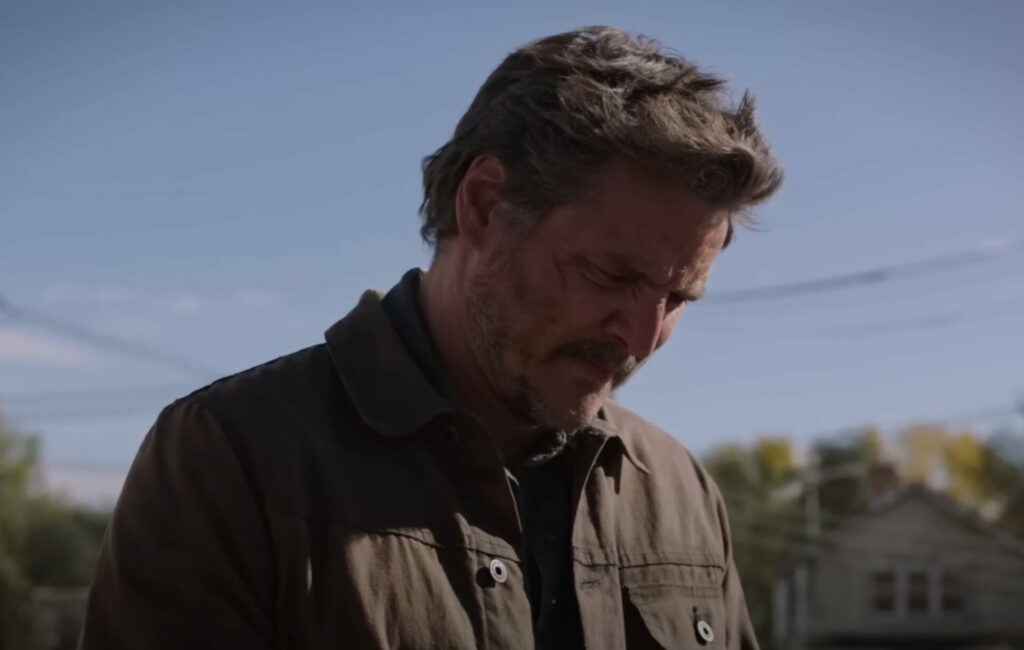Can the fungus from ‘The Last of Us’ actually cause a zombie pandemic?
Scientists have spoken out after concerned viewers voiced their fears.
By Joe Goggins

An expert on fungi has spoken out after viewers of The Last of Us wondered if a pandemic like the one depicted in the series was a possibility.
The HBO show has won rave reviews for its opening episodes; it is based on the hugely successful survival horror video game of the same name. In it, a fungal infection precipitates a pandemic that effectively turns humans into zombies; the series sees Pedro Pascal and Bella Ramsey as the protagonists, winding their way across a post-apocalyptic America.
The fungi in question, Cordyceps, is real; the threat of it turning the human race into monsters and laying waste to life as we know it, however, is not. “In reality, fungi offer us today some of the best solutions that are needed for solving many of the existential threats that we face,” said expert scientist Paul Stamets in a thread on Twitter that reflected on The Last of Us. “In fact, Cordyceps-like fungi could replace the majority of chemical pesticides with an ecologically rational and economically scalable solution.”
“Breaking news,” he wen on to joke, “they are everywhere, all the time, and you live with them 24/7. These very fungi exist under every footstep that you take.” Despite his determination to underline that fungi are no enemy to humanity, Stamets was quick to praise The Last of Us for having seized an opportunity to take us on a literary adventure into the realm of sci-fi while exploiting the public’s fascination, fear, and joy of fungi”.
He is not the only expert to have chimed in on the subject. In an interview with National Geographic, Ian Will, a fungal geneticist at the University of Central Florida, said of the show’s premise that while “in a fantastical way, the logical links are there,” the events portrayed on screen are “not likely to happen in real life.” In the same piece, João Araújo, an expert on parasitic fungi at the New York Botanical Garden, concurred. “If the fungus really wanted to infect mammals it would require millions of years of genetic changes,” he said.
The Last of Us’ third episode aired on Sunday (January 29). It was met with a unanimously positive response, with The Guardian calling it “absolutely magical television.”
